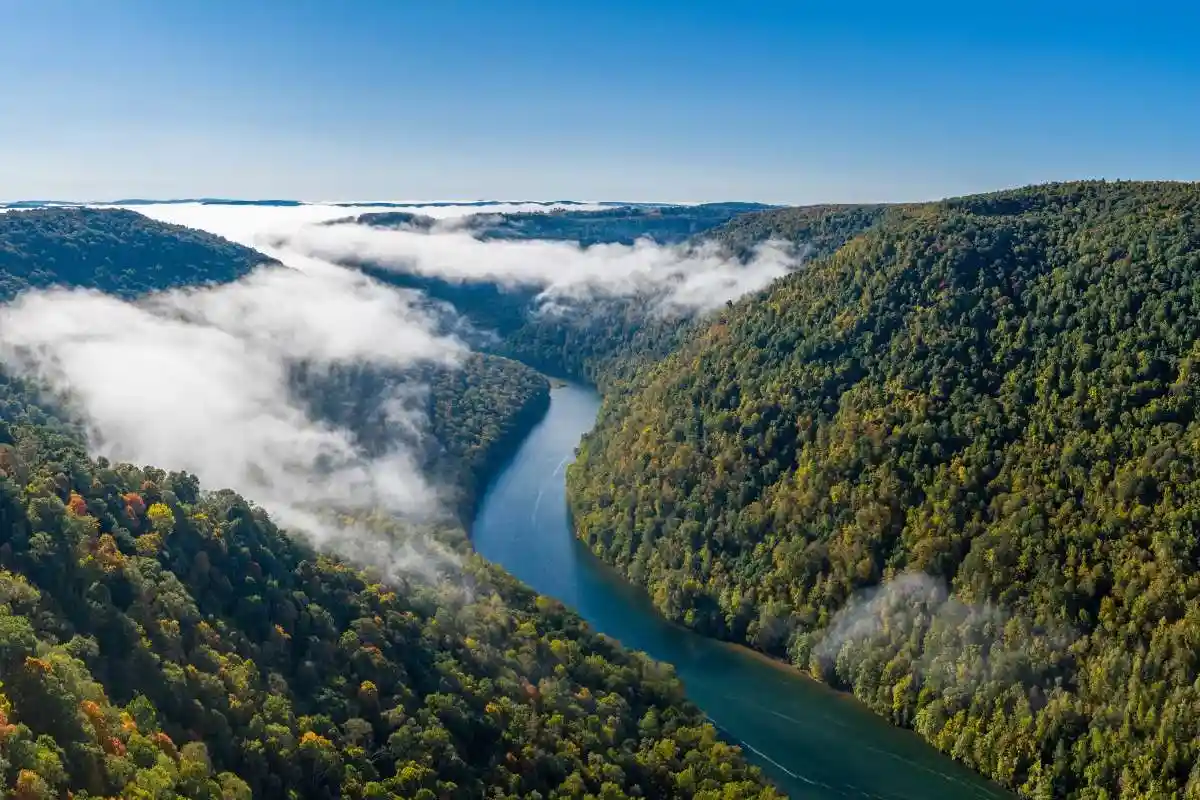
The transition to green energy is reshaping labor markets and communities across the United States, and few places illustrate the challenges and opportunities of this shift better than West Virginia. With coal deeply embedded in the state's identity and economy, the potential for renewable energy to create jobs and reinvent communities is both hopeful and contentious. This course critically examines the interplay of tradition, innovation, and economic survival, exploring how West Virginia is navigating this pivotal moment. Understanding this transformation provides important lessons on the broader implications of energy transitions in the U.S.
This course will uncover the historical roots of coal's dominance in West Virginia and its impact on local communities. You’ll gain insight into the economic, environmental, and social consequences of coal dependency and the resistance and receptiveness toward green energy initiatives in the region. By examining stories from those at the heart of this transition—coal miners, activists, and entrepreneurs—you’ll understand the complexities of balancing progress with preserving community identities. By the end, you’ll have a nuanced perspective on how renewable energy could shape the future of historically coal-dependent areas.
To make the most of this course, engage thoughtfully with the upcoming video. Pay close attention to how individuals and communities respond to the shift toward green energy, and consider the broader questions raised about economic revitalization and environmental sustainability. Pay attention to key points as they will help you on a short quiz that follows.
Click the button to take the quiz and get your credit.